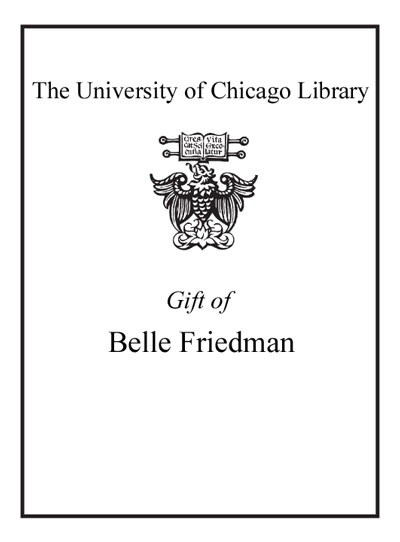Computational models of cognitive processes : proceedings of the 13th Neural Computation and Psychology Workshop, San Sebastian, Spain, 12-14 July 2012 /
Saved in:
| Meeting name: | Neural Computation and Psychology Workshop (13th : 2012 : San Sebastian, Spain) |
|---|---|
| Imprint: | Singapore : World Scientific, [2014] |
| Description: | ix, 276 pages ; 24 cm. |
| Language: | English |
| Series: | Progress in neural processing ; vol. 21 Progress in neural processing ; 21. |
| Subject: | |
| Format: | Print Book |
| URL for this record: | http://pi.lib.uchicago.edu/1001/cat/bib/9855456 |
Table of Contents:
- Preface
- Language
- Modelling Language - Vision Interactions in the Hub and Spoke Framework
- Modelling Letter Perception: The Effect of Supervision and Top-Down Information on Simulated Reaction Times
- Encoding Words into a Potts Attractor Network
- Unexpected Predictability in the Hawaiian Passive
- Difference Between Spoken and Written Language Based on Zipf's Law Analysis
- Reading Aloud is Quicker than Reading Silently: A Study in the Japanese Language Demonstrating the Enhancement of Cognitive Processing by Action
- Development
- Testing a Dynamic Neural Field Model of Children's Category Labelling
- Theoretical and Computational Limitations in Simulating 3- to 4-Month-Old Infants' Categorization Processes
- Reinforcement-Modulated Self-Organization in Infant Motor Speech learning
- A Computational Model of the Headturn Preference Procedure: Design, Challenges, and Insights
- Right Otitis Media in Early Childhood and Language Development: An ERP Sludy
- High-Level Cognition
- The Influence of Implementation on "Hub" Models of Semantic Cognition
- Hierarchical Structure in Prefrontal Cortex Improves Performance at Abstract Tasks
- Interactive Activation Networks for Modelling Problem Solving
- On Observational Learning of Hierarchies in Sequential Tasks: A Dynamic Neural Field Model
- Knowing When to Quit on Unlearnable Problems: Another Step Towards Autonomous Learning
- A Conflict/Control-Loop Hypothesis of Hemispheric Brain Reserve Capacity
- Action and Emotion
- Modeling the Actor-Critic Architecture by Combining Recent Work in Reservoir Computing and Temporal Difference Learning in Complex Environments
- The Conceptualisation of Emotion Qualia: Semantic Clustering of Emotional Tweets
- A Neuro-Computational Study of Laughter


